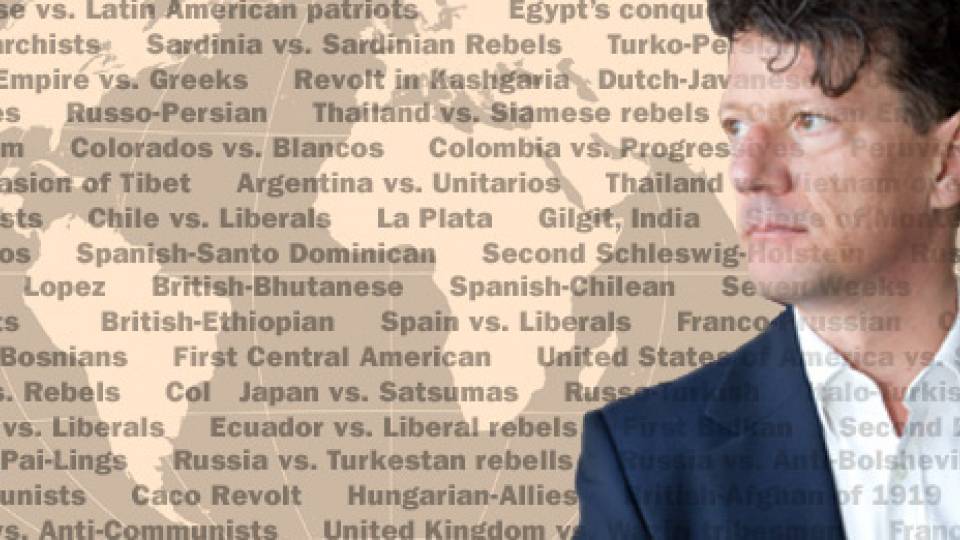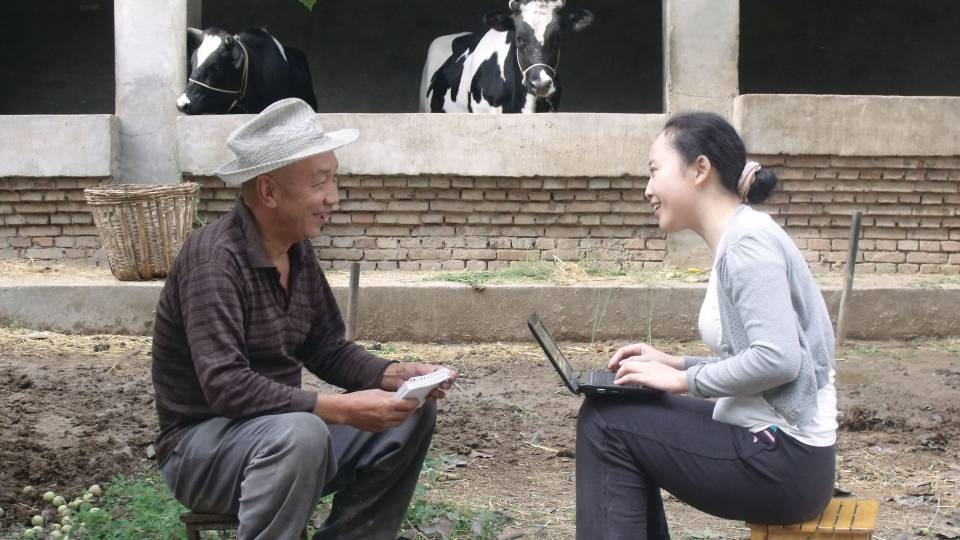This summer the University established the Princeton Institute for International and Regional Studies (PIIRS), which will bring together faculty and students in research and teaching projects to enrich the University's established international curricula.
The institute's first director, Professor of Sociology Miguel Centeno , discussed the mission of PIIRS and his main objectives in an interview for the Woodrow Wilson School of Public and International Affairs Web site. An excerpt from the interview follows:
Why was PIIRS formed?
Princeton was already doing great work with curriculum, with research, and across a variety of disciplines. What we weren't doing is linking these efforts in systematic way. PIIRS is about connecting the dots between faculty research and student seminars, between those studying Turkish and those looking at Mediterranean foreign policy, between a visitor writing a book on border disputes and a senior writing a thesis on the Berlin Congress of 1878.
What departments will participate? What faculty and students will be involved?
We see ourselves open to any and all departments and members of the community with an interest in international and regional topics. Obviously, the classic social sciences and history will play a critical role, but we also want to include other humanities and sciences. For example, an expert on ethics may be able to help an ecologist better coordinate research with a host region, or a geologist might make a great partner for a political scientist studying nationalization of oil. I certainly want to make appreciation of geographical and historical context easier for an abstract theorist while also giving the regional expert exposure to a broader set of trends.
The full interview is available here .
Contact: Eric Quinones (609) 258-3601



